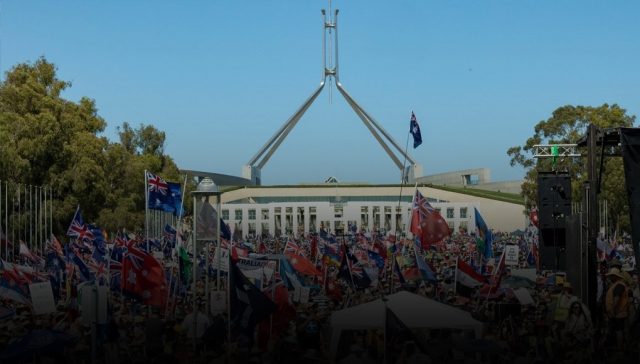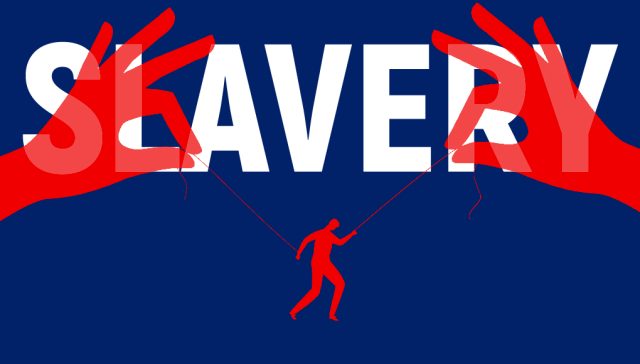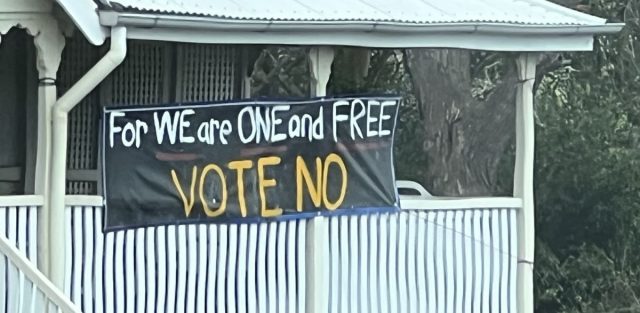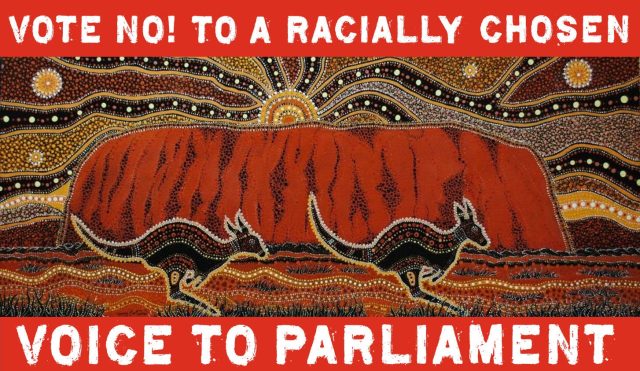Unions And Religion
Unions and libertarians disagree about almost everything. However, they do both share one core tenet – the right to “freedom of association”. Well, maybe not so much anymore.
Freedom of association is a fundamental right cherished by libertarians, as it supports the principle of voluntary cooperation and the right to form associations to pursue common goals. It also happens to be a right incorporated in international human rights treaties, including the International Covenant on Civil and Political Rights (ICCPR) and the International Covenant on Economic, Social and Cultural Rights (ICESCR). Freedom of association stands as a cornerstone of a free society.
Unions rely on freedom of association for their very existence. Unless workers are free to associate, there can be no unions.
Finally, there is the question of diversity – of thought and choice! Religious schools provide an option for parents who seek an education in line with their faith.
However, a piece of recent news begs the question as to whether this right is still valued, or maybe even understood, by the union movement. Or perhaps the left’s war on Christianity gets precedence over one of the union movement’s foundation principles.
Unions are now lobbying the Federal government to legislate to prevent religious schools from hiring teachers on the basis of faith.
For many Christians it is their faith that has led them to libertarianism – for reasons discussed elsewhere on Liberty Itch. I won’t revisit here that any attack on Christianity is also an attack on our civil liberties.
Not all libertarians are church goers of course (albeit they should seriously consider becoming so). Secular libertarians should be alarmed, nonetheless. The debate over proposed religious discrimination laws in Australia presents a significant point of contention, particularly concerning the principle of freedom of association.
The union movement’s position on this is riddled with hypocrisy.
Firstly, the right to freedom of association also extends to religious organizations, allowing them to maintain their faith-based hiring practices. By pushing to restrict these schools’ hiring autonomy, the trade unions risk undermining the very freedom of association they hold dear.
Freedom of association is a fundamental right cherished by libertarians, as it supports the principle of voluntary cooperation and the right to form associations to pursue common goals.
Second, trade unions, which typically advocate for workers’ rights, appear to disregard this idea when it comes to religious schools’ hiring practices. This raises concerns about the consistency of their stance and whether they are applying the same standards to themselves.
Third, while the unions bemoan discrimination implicit (they say) in hiring based on faith, by limiting faith-based schools’ hiring autonomy, they may discriminate against religious individuals who want to work in environments aligned with their beliefs, thus contradicting their own principles of non-discrimination.
And finally, there is the question of diversity – of thought and choice! Religious schools provide an option for parents who seek an education in line with their faith. Limiting their ability to hire staff who share their beliefs homogenises the educational landscape and limits diversity of educational options, which is contrary to the principles of a free and open society.
Let’s call it what it is: the trade union movement’s call to prevent faith-based hiring in religious schools is at best the “politics of envy”, and at worst an unprincipled and hypocritical attack on Christianity. Let’s see if state and federal governments have the courage and integrity to resist this push.
Nicholas Samios is a fund manager and small business investor with a wealth of experience spanning three decades in commercial finance and SME capital raising. In his spare time, he puts on his “Austrian School” economist hat and utilises his insights from the commercial
world to analyse the economic landscape for SMEs and entrepreneurs.


































